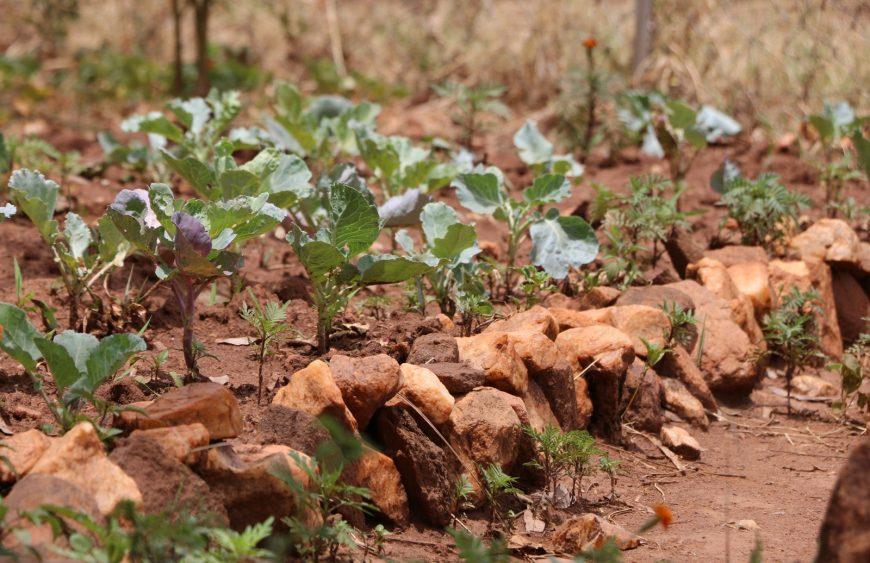The Karamoja region is the driest and poorest region of Uganda. This region is particularly affected by climate change and drought, which is leading to soil depletion, environmental degradation, and poor harvests. Karamoja is currently facing a period of serious food insecurity, and this is expected to continue until the annual harvest, beginning in August, 2021.
Throughout history, the Karamojong people of northeastern Uganda have practiced traditional pastoralism. But in recent years, limited surface water, a hot, arid climate, and a short season of torrential rains have brought soil erosion and land degradation leading to food insecurity. According to an International Union for Conservation of Nature (ICUN) survey conducted in 2018, thousands of the people in the Karamoja sub-region are at risk of losing their livelihoods due to the rapid degradation of pastoral rangeland in the region.
With 82% of this region’s population living in poverty and food insecurity, Karamoja’s level of development is significantly lower than the rest of the country.
In Karamoja, pressure on resources and food shortages contribute to inter-communal violence in the form of cattle-raiding. In 2020, over 100 people were killed in cattle raids in this region of Uganda.
Adapting to the short rainy seasons in Uganda
Due to the short rainy seasons and climate change, soil eroded from the land and caused poor harvest in Nakapiripirit District. ACTED provided them new skills to embrace planting trees and stop cutting them for charcoal.
The activity that I liked the most was working the land. We were trained on how to dig a trench. You first measure two feet deep. That trench you dug harvests water and now our animals can drink it. At the same time, it also stops soil erosion and the grass can now grow and feed our animals too. That is why I liked groundwork.
People in Nakapiripirit suffered from short heavy rainy seasons that caused soil erosion and floods. Through this intervention ACTED has provided earthwork trainings to the beneficiaries to make use of the short rain and prevent soil erosion and flooding of homesteads. They also have improved access to water in the dry season through the rain-harvesting earthworks constructed.
Trainings on regenerative agriculture to help communities build resources
ACTED’s intervention has supported the Karamoja Region’s sustainable development, improving households’ food security and resilience in Nakapiripirit District.
ACTED has established two tree nurseries and handed them over to the communities. Plant nurseries aim to propagate and grow plants or trees in number to help reforestation and fight soil erosion. ACTED has also trained communities on regenerative agriculture and implemented training modules in kitchen gardening and regenerative vegetation. Holistic grazing management was also part of the training, it takes into account the needs of the plants, the animals and humans. This method mimics nature in order to provide balance between the different living beings, restore and protect, ecosystems and water cycles.
Lemukol Simon Peter is local resident who has lived through these crises “Before ACTED came, we use to buy vegetables at the market. Then ACTED trained us in vegetable or kitchen gardens. After training we made permaculture gardens in our homesteads, where we each have a personal garden.”

Thanks to training sessions, project beneficiaries now have better knowledge of soil, rangeland, and water management. With seeds and trainings provided by ACTED, farmers can now grow vegetables throughout the year. The components of ACTED’s intervention together increase availability of vegetables, promote regeneration of vegetation, and prevent soil erosion.
Together, these activities aimed to promote agro-ecological and regenerative agricultural practices in Karamoja and aimed to make communities’ livelihoods more sustainable, in spite of the impacts of climate change. The project has increased food availability at household and at community level in Uganda.

